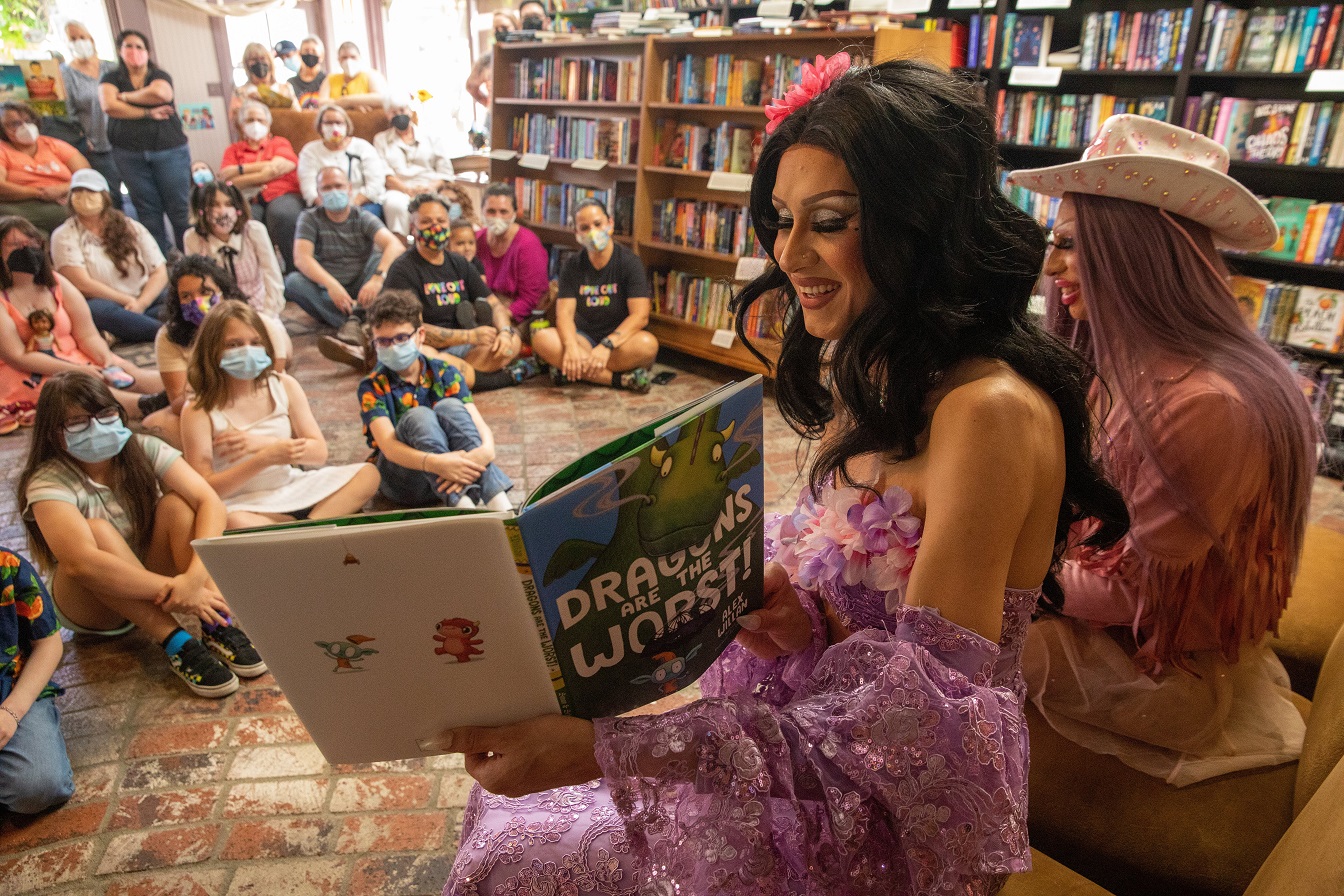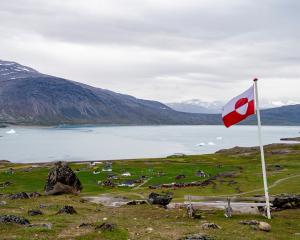
It couldn’t happen here, you’d think. Not the sort of extremist measures being rolled out in Uganda targeting the queer community. Homosexual acts there can now carry the death penalty. Not like in Russia, where they’re outlawing gender-reassignment in an effort to protect "traditional values". Or Hungary, where their far-right leader talks about "gender propaganda" "stalking our children". Or, indeed, the US, where the Supreme Court has begun rolling back the clock on LGBTQ+ rights, alongside a rash of state-level legislation.
And yet, a conservative faith-based group last week launched a new website in New Zealand targeting the transgender community.
The approach taken by the website represents something of a new tack, Ahi Wi-Hongi, executive director of Gender Minorities Aotearoa, says, in as much as those sorts of organisations used to be much more overtly transphobic.
"They would just say trans people shouldn’t exist, gay people shouldn’t exist, very explicitly."
However, in more recent times they have been attempting a little more sophistication - whether that’s the faith-based groups or the neo-Nazi groups who espouse a similar view of "family values".
"As time has gone on, essentially, they have become more sophisticated in their approach by trying to be more convincing to a wider range of people, by going for a veneer of respectability."
At the neo-Nazi end of the spectrum it is no longer necessary to shave your head, wear a swastika and hurl abuse. Now those people are just as likely to wear suits and hold down a job - it’s quite clean cut, Wi-Hong says.
Meanwhile, over in the fundamentalist faith-based sphere, rather than direct attacks on the LGBTQ+ community there is more of a narrative around the need to protect children and an emphasis on narrowly defining what it is to be a woman - or indeed a man.
The new website campaign takes that approach, pushing narrowly defined gender binaries, while railing against "gender ideology" in schools and implying children will be in danger in the nation’s changing rooms.
It’s not subtle, but appears carefully couched.
That’s not to say there are not still virulently hateful attacks going on online.
In a recent paper by the Disinformation Project, the independent research group said they had detected a measurable rise in both volume and tone of transphobia.
They also found evidence of foreign interference in New Zealand online communities.
"From 22 March 2023 onwards, Australian, and international far right and explicitly neo-Nazi content was shared and promoted on Aotearoa New Zealand Telegram channels at levels The Disinformation Project had never previously observed," the group reported.
Among other disturbing findings of the research was that the content was being "bridged" into other disinformation communities.
Wi-Hongi is familiar with the international nature of some of these efforts.
The visit to New Zealand earlier in the year by anti-trans activist Posie Parker was supported by the Australian Conservative Political Action Conference (CPAC). It, in turn, is connected to the CPAC in the US, notable supporters of Donald Trump.
Further, Wi-Hongi says it is becoming apparent that conservative groups in the UK and US are attempting to influence laws and policies in smaller and developing countries, in the hope they can use any "victories" there to support their agendas at home.
"So New Zealand is often seen by political parties in the US and UK as a small influenceable country."
Among previous attempts to influence the course of events here, when the Births, Deaths, Marriages and Relationships Registration Bill was being debated, submissions flooded in from from overseas, the UK and US, they say.
As was recently reported by British news site openDemocracy, the US Christian right spent at least $US280 million of "dark money" abroad between 2008 and 2019, "fuelling campaigns against the rights of women and LGBTIQ".
The hardline new law in Uganda was supported by US group Family Watch International.

What these groups all tend to share, Wi-Hongi says, is a gender essentialism.
"It is about men being the head of the household, the nuclear family, heterosexual couples, the man is the head of the household and does the decision making - masculine men making decisions and women being supportive of that."
And the core belief that women should be at home raising children allows them to link to the likes of neo-Nazi groups, which tend to share a social conservatism.
"It is their core value that is in common."
Of course, there is no room in this picture for the trans community.
The focus on the trans community in much of this online activism may be in part because the right-wing groups involved have had to accept they have lost the battle against gay folk, Wi-Hongi says.
"So, now it is just a focus on trans people."
With the Homosexual Law Reform Act now more than 30 years old, there is broad acceptance of gay people in society.
However, the arguments used against them in the ’80s, by opponents of the Act, can be rolled out again. Back then, it was argued gay men posed a threat to children.
"That is exactly the same thing they are saying now about trans women," Wi-Hongi says.
"Any books or media or education in school that acknowledges that trans people are just a normal part of the community, they are saying that is all grooming, trying to sexualise children."
People being trans in public, just existing, is sexualising children who see them.
You can no longer say such things about gay men, they say.
"Nobody would think that is OK now. That is not socially acceptable, because we know that is just not true.
"We are not there yet with trans people."
Schools are being told they are complicit in the grooming of children, while the Ministry of Education Te Tāhuhu o te Mātauranga has been accused of sexualising children. Parents are made to fear letting their children be who they are.
There are more chilling aspects to the coalitions building around an anti-trans agenda, Wi-Hongi says.
The same far-right groups in the US who were involved in storming the Capitol also have a history of attacking trans people in the street, and crashing drag storytime sessions to hurl abuse.
It is shades of Nazi Germany in the 1930s.
"It is frighteningly similar to things we have seen in the past and I think that there is a fear that is where things are heading here if we don’t get a more historic perspective, if we haven’t learned the lessons that history has been teaching."
Everybody wants to feel their country is a place where they can feel comfortable and they can live their best life, Wi-Hongi says, but that has to be inclusive.
"For most people, probably the end goal is that everybody gets to do that. That everyone can live a happy life that is fulfilling for them and be OK. Have their needs met and be OK. Most of us care about human rights, even if we are not particularly political about it. Because it is just common sense, you let people live their lives - if it is not hurting people it is not a problem."
Unfortunately, they say, some groups don’t see a way they can live their lives without ensuring other people don’t exist.











